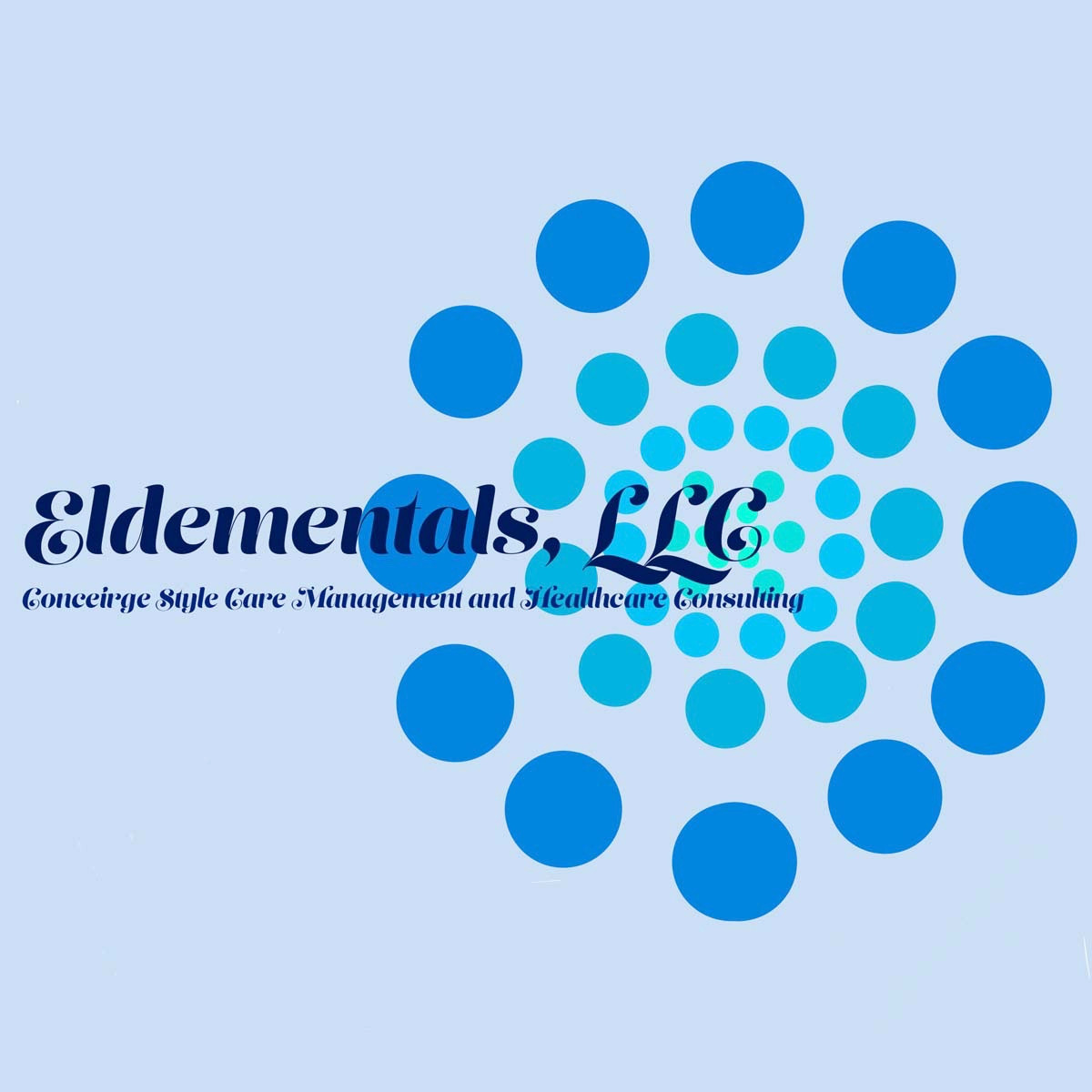
16 Dec 2021
Acknowledging the Past – Trauma Informed Care in Effectively Supporting LGBTQ+ Older Adults
Past trauma is a significant challenge for many older adults, but is especially problematic for LGBTQ+ older adults as it directly impacts, limits, and intersects their experiences as an aging individual. LGBTQ+ older adults have been forced to navigate past many challenges while coming of age at a time marked by great prejudice, legally and medically sanctioned discrimination, and violence against them. Understanding and applying a trauma informed care approach is therefore critical for all service providers in order to break dysfunctional cycles and begin setting a positive foundation for change.
Trauma informed care is a solution-based concept drawn from psychology that shifts the mindset and focus away from only considering one’s present situation, to a more holistic and broad approach through seeking to understand one’s past as it impacts the present and future. This approach embraces patient focused care by not only recognizing the pervasive nature of trauma, but also through creating a culture change among staff and within organizations to recognize and more effectively respond to individual trauma.
Service providers need to have a full picture of a person’s life experiences while acknowledging both the past and the present in order to clearly understand and support their needs effectively with a forward moving wellness and holistic care focus. Trauma informed care has five guiding principles – safety, choice, collaboration, trustworthiness and empowerment. Ensuring that one’s physical and emotional safety is thoroughly addressed is always at the forefront and is the most important initial step. It is important to then provide choice, autonomy, and collaboration through effective communication, active listening, and positive actions to foster trust, empowerment, and skill building, thus setting the groundwork for moving forward functionally.
Avoiding retraumatization is also a key consideration throughout, especially because retraumatizing events often happen unintentionally in many care settings. Retraumatization occurs when a parallel situation or environmental stimuli to an individual’s trauma triggers challenging emotions, feelings, or reactions that are directly associated with the original traumatic event. Being an active listener and seeking to understand will enable service providers to be proactive in avoiding and minimizing these potential triggers and further trauma.
When service providers take person-driven, proactive steps to seek understanding, focusing on an individual’s strengths and empowering them to build on these strengths, the individual is able to break dysfunctional cycles, develop stronger coping skills, and have a healthy foundation to navigate past future obstacles.
For more information on trauma informed care please see SAMHSA’s National Center for Trauma-Informed Care
by Karen McPhail RN, BSN, MSN, CCM, CDP, Executive Director at Eldementals in Great Falls, Virginia.
